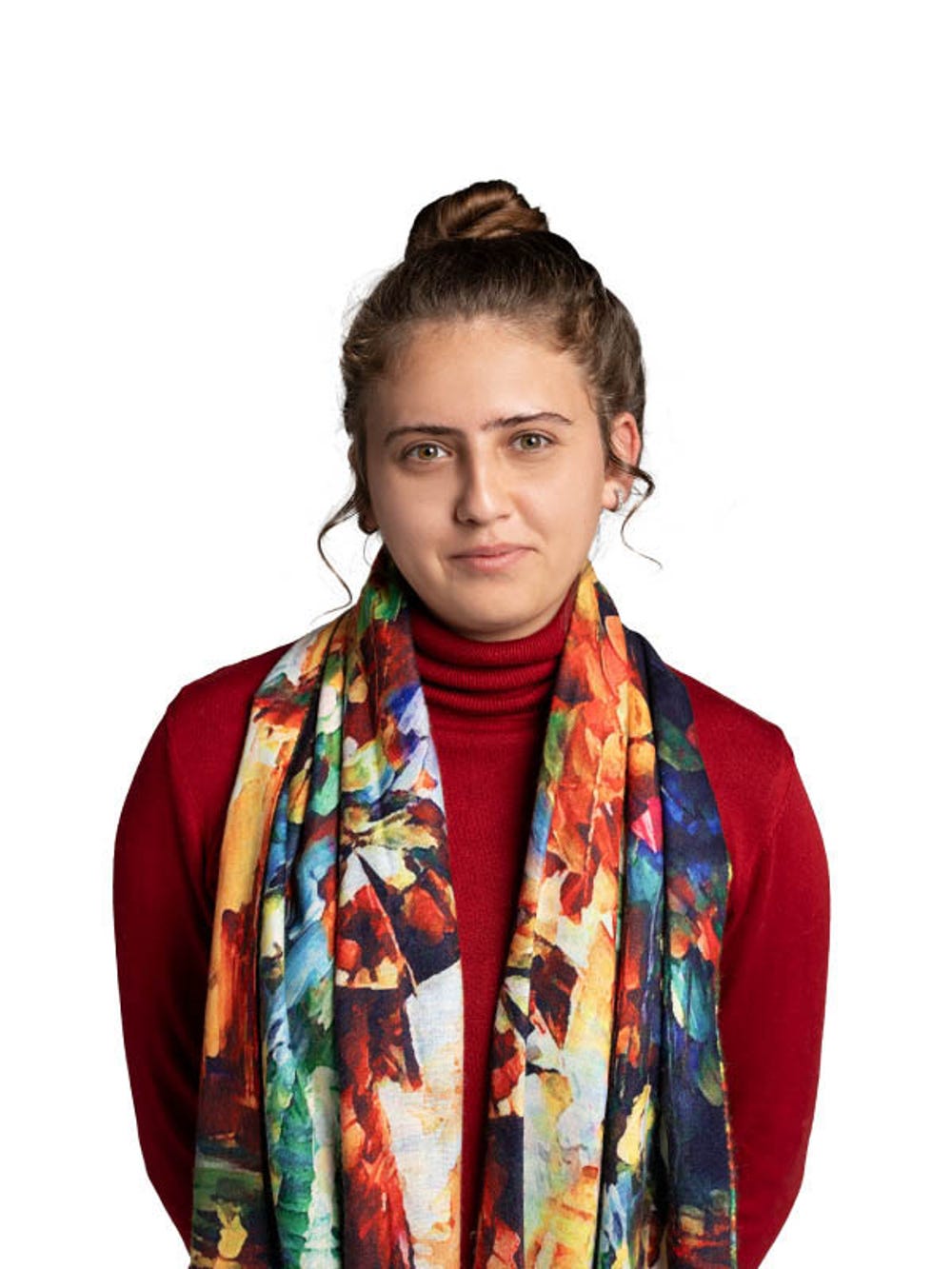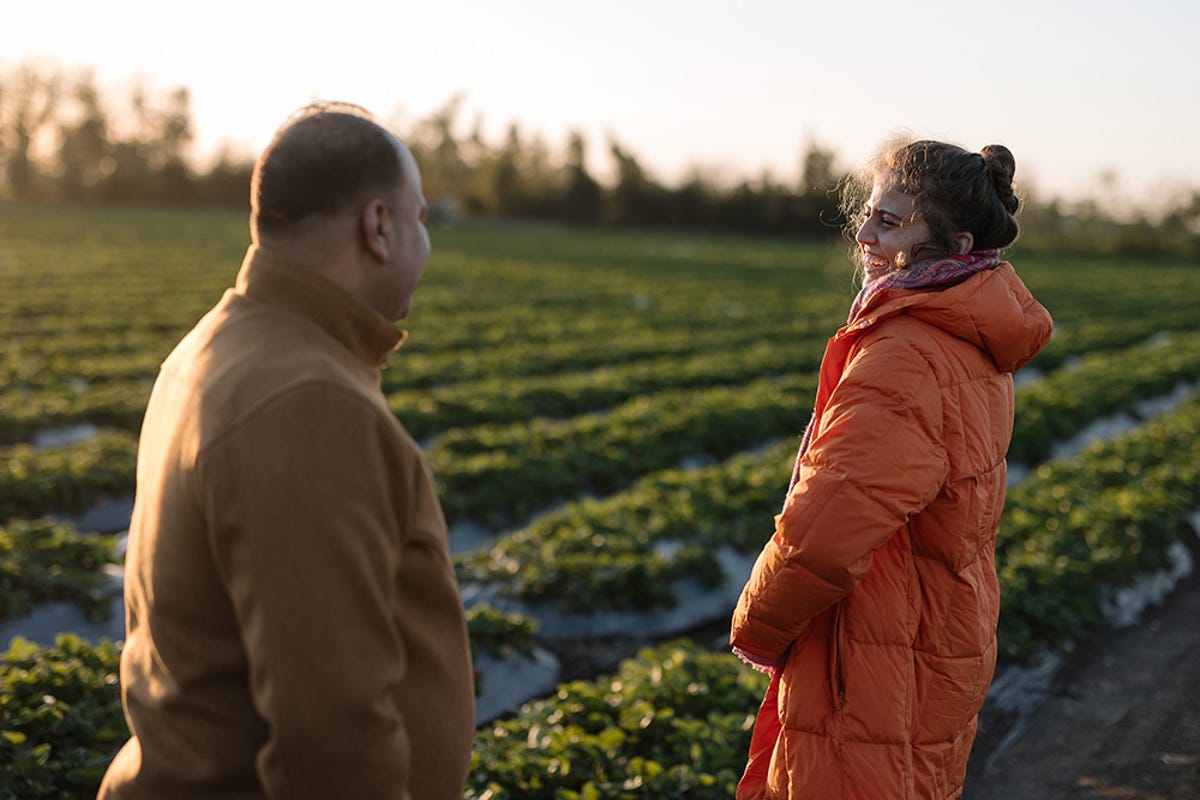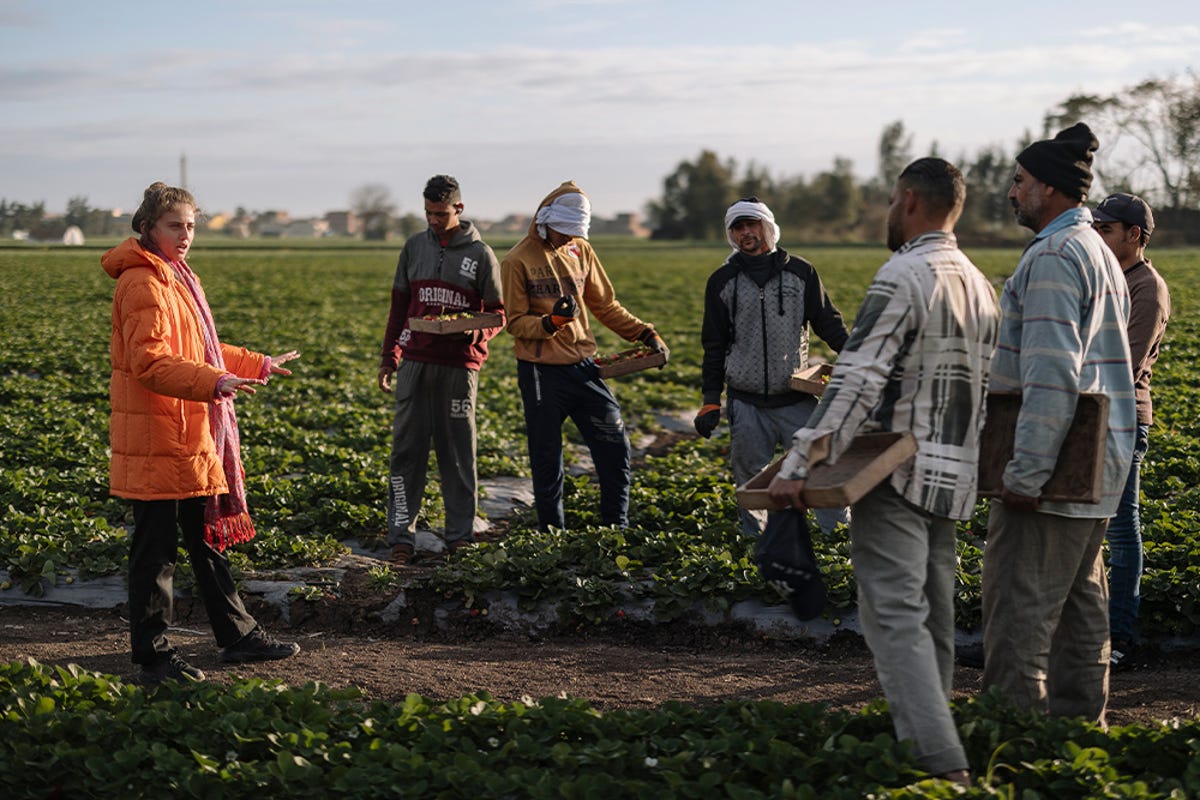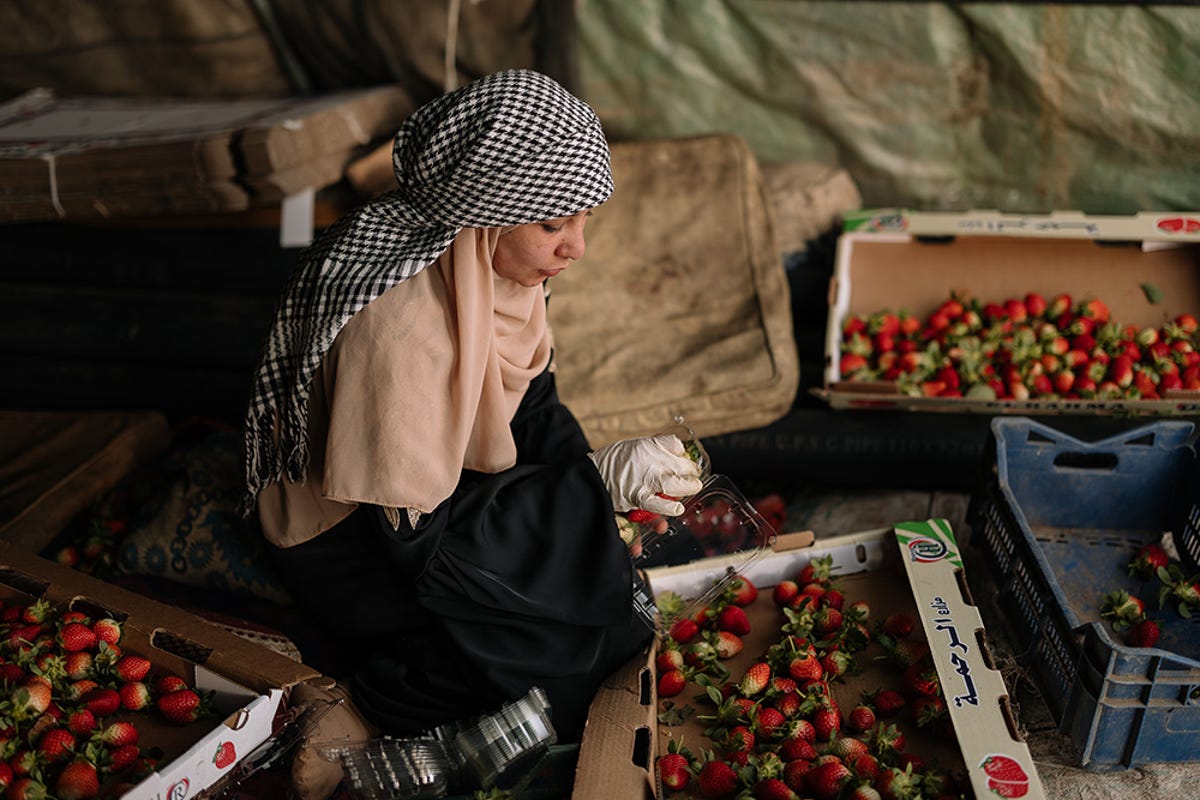Fellow Portrait
Shahira Youssef
Chitosan Egypt

Chitosan Egypt develops 100% organic and affordable pesticide using seafood waste.
Middle East and North Africa
Egypt
Fellow
2024
Updated March 2024
Egypt’s smallholder farmers are shut out of the sustainable market
More than half of the Earth’s arable land is in Africa, yet the continent holds the record for the world’s lowest crop productivity rates. High-value crops like alfalfa, sugar beet, and potatoes, as well as export crops such as strawberries, artichokes, and organic crops, are grown in compliance with standards that keep pesticides to a bare minimum.
In a country where high-performance organic alternatives to pesticides and fertilizers are scarce, compliance requirements create bottlenecks for Egypt’s five million smallholder farmers in their journey toward sustainable agriculture.
“The lack of organic pesticides to solve issues such as climate volatility and pathogen surges puts them at a crossroads where they have to choose between compromising on yield quantity or losing market access if they resort to pesticides,” explains Shahira Youssef. She founded Chitosan Egypt to eliminate this difficult choice by offering organic and pesticide-free crop protection and nutrition products extracted from seafood waste.
Sometimes the women are paid with shrimp waste and they feed it to the chickens. That was the light bulb moment for me. My driving force is tapping into the volatile yet dynamic factors of the African economies to drive prosperity through untapped markets and localized solutions for local problems.

Bio pesticides and fertilizers level the playing field for farmers
The company began on a lakeshore in one of Egypt’s poorest villages, where Shahira had a moment of insight. While working with local women at a UNDP innovation camp soon after graduating from university, she observed the harm to people and wildlife caused by shrimp waste dumped in the village’s waterways.
She had been thinking about how to extract value from this waste when she learned the women used it as chicken feed. Recognizing its potential as a fertilizer and pesticide active ingredient, she began Chitosan Egypt with a mission to democratize organic solutions for agriculture.
“We put the crustacean waste through a sequence of chemical processes to extract the polymer chitosan, which we then combine with other biocompounds to create biopesticides and fertilizers,” Shahira says. While the company’s main competitive edge is with biopesticides, she continues, “the polymer we extract is only one out of over 20 different compounds we work with in our signature solutions, because crop protection is where it goes wrong for farmers, where they make or break their sustainable journey.”
We’re empowering smallholder farmers to participate in the organic market and giving them the means to achieve higher income through agricultural practices they otherwise didn't have access to—contributing to climate resilience and economic stability.

Chitosan turns challenge into opportunity
The company focuses on smallholder farmers, who make up 70 percent of Egypt's agricultural supply chain. In 2023, Chitosan Egypt reached 5,000 of these farmers and 20,000 rural community members across a network of 110 retailers in 13 regions. One showcase customer, Hermes potato grower Agritag, has produced eight additional tons of potatoes on plots treated with its products.
Chitosan Egypt aims to turn 10 percent of Egypt’s agriculture to fully organic and plans expansion to other MEA markets.
“The vision for me is building something out of nothing,” Sharhira says. “‘Valorizing’ is a big word in waste management—it means deriving an added-value resource from waste. And that's a huge part of what we do. We're valorizing an opportunity out of a challenge.”
Most of the time smallholder farmers are barred from participating in higher-tier crops because they lack the knowledge and the finances and they aren't equipped to handle the surprises of climate and pathogens. We’re democratizing so they can participate in the market for higher-tier crops.




